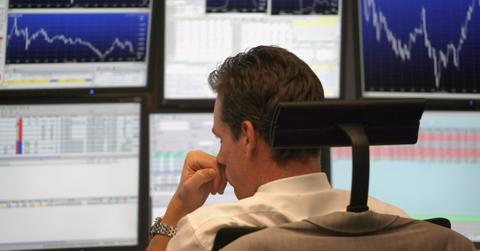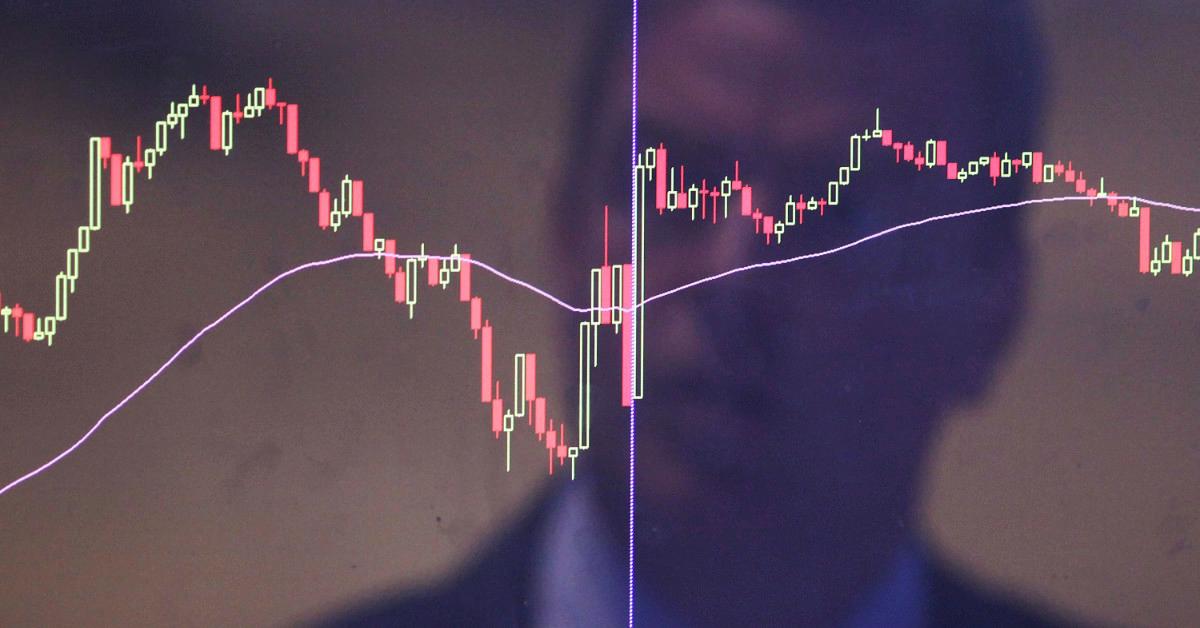Even the Most Seasoned Investors Feel FOMO and FOBI
What is FOMO in stocks? FOMO and its converse, FOBI, are biases that cause people to invest in stocks based on emotions.
March 2 2021, Published 3:26 p.m. ET

FOMO doesn’t just apply to social media jealousy anymore. In stocks, FOMO also refers to the “fear of missing out,” but it specifically refers to the anxiety that you’re going to miss an investing opportunity. In other words, investing FOMO happens when you’re worried a stock you didn’t buy performs well.
In an archived November 2020 blog post, Calder Wealth Management’s Ben Calder wrote that investors felt FOMO earlier in the year when “the huge market rally in technology giants and a booming medical industry [had them] wishing they were a part of this action, and tempted to purchase relevant stocks.”
Then there’s also FOBI, which stands for the “fear of being invested,” where investors “panic over the high risk of their assets.” This was “especially prevalent in March 2020 when the stock markets crashed,” as Calder wrote.
Investment analysts have observed both biases at play. They offer tips for managing FOMO and FOBI-related anxieties.
FOMO in stocks

Jame Deporre of The Street elaborated on investors’ “fear of missing out” in April 2020. A V-shaped stock market performance had investors doubting themselves and investing emotionally instead of rationally, often going against their better judgment.
“What is most interesting is that FOMO is an emotional reaction that pushes us to trade or invest in a less disciplined way,” Deporre wrote. “Rather than buy stocks when they offer the most attractive risk-to-return ratio, investors are driven to buy them to an even greater degree the less attractive they look technically. Our fear of missing out becomes greater the more the market continues to act in an irrational way.”
FOBI in stocks
FOBI is the converse of FOMO. Instead of feeling nervous that you’ll be on the outside looking in as stock skyrockets in value, FOBI has you worried that a stock in your portfolio will tank before you decide to cash out.
“Both [FOMO and FOBI] are equally dangerous for the health of your investment,” Intelsense Capital’s Abhishek Basumallick wrote for The Economic Times in November 2020. “Both make you do irrational things, which you regret in hindsight. And everyone gets them at some point in time or the other, even the most seasoned investors.”
How to avoid FOMO in stocks
To avoid FOMO, Calder recommended diversifying your portfolio, setting rules around investment decisions, researching the possible benefits and risks and the balance thereof, focusing on long-term trends instead of playing stock market “Whack-a-Mole,” and seeking advice from expert accountants. Basumallick also emphasized the importance of a long-term strategy, which helps ward off the “inevitable biases” that come so easily to investors.
Deporre pointed out that FOMO is “going to occur no matter what we do” because of the unpredictability of the market. However, the flip side of that coin means that “there is always a new crop of opportunities.” Investors who are more disciplined are likelier to find better opportunities.
